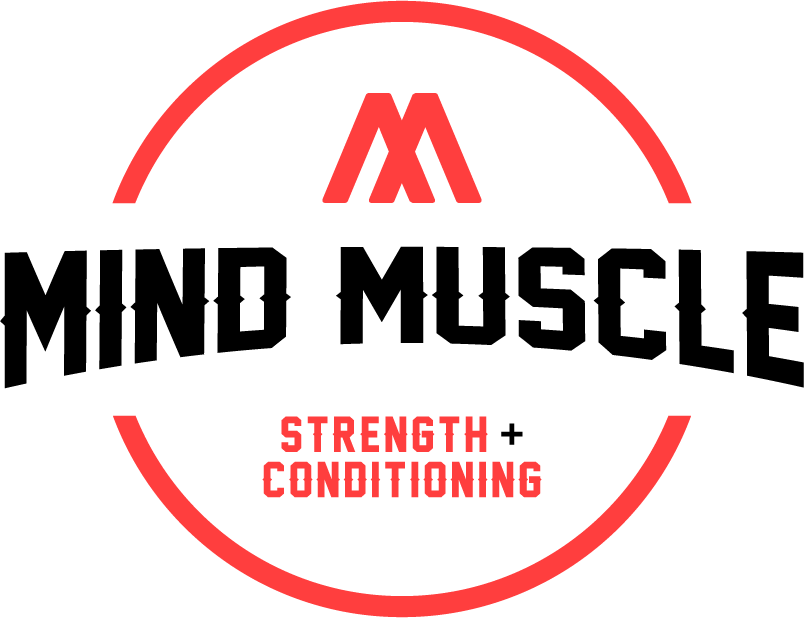Why Omega 3 Oils Are Like Magic
MODULE 4 Foundations of Evidence-Based Nutrition
Unit 4 - The Fundamentals Of Fat For Weight Loss, Performance, And Health
When it comes to health and fitness, the search for the ultimate supplement is high on the agenda for most people.
But rarely does such a thing exist. In fact, most supplements are worthless.
So what SHOULD you spend your money on?
It might sound boring, but omeg 3 oils have proven to offer multiple benefits for health, weight loss, and performance time and time again.
If you're getting less than 2 portions of oily fish in your diet per week, supplementing with omega 3 oils on a daily basis is likely to pay dividends in many ways.
Choose to add omegas to your diet and you can expect to see some of these benefits. Note that omega 3 oils should not be used as a replacement for specific medication that has been subscribed to treat a particular condition.
Anti-hypertensive (helps prevent complications associated with high blood pressure).
Long-chain omega-3 fatty acids Eicosapentaenoic Acid and Docosahexaenoic Acid and blood pressure: A meta-analysis of randomized controlled trials. Miller et al, 2014. (PubMed Link) (Full Text).
Anti-hyperlipidemic (helps reduce levels of fat, such as cholesterol, in the blood).
Fish oil supplementation alters circulating eicosanoid concentrations in young healthy men. Zulyniak et al, 2013. (PubMed Link)
Anti-arrhythmic (suppression of abnormal heart rhythms).
Effect of dietary n-3 polyunsaturated fatty acids on the inducibility of ventricular tachycardia in patients with ischemic cardiomyopathy. Metcalf et al, 2008. (PubMed Link)
Anti-inflammatory.
Effects of high-dose fish oil on rheumatoid arthritis after stopping non-steroidal anti-inflammatory drugs. Clinical and immune correlates. Kremer et al, 1995. (PubMed Link)
Improvement in depression.
Meta-analysis of the effects of eicosapentaenoic acid (EPA) in clinical trials in depression. Sublette et al, 2011. (PubMed Link) (Full Text)
Improvement in levels of anabolic resistance in the elderly.
Dietary omega-3 fatty acid supplementation increases the rate of muscle protein synthesis in older adults: a randomized controlled trial. Smith et al, 2010. (PubMed Link) (Full Text)
Help facilitate weight loss (calorie deficit still required).
Effects of supplemental fish oil on resting metabolic rate, body composition, and salivary cortisol in healthy adults. Noreen et al, 2010. (PubMed Link) (Full Text)
How much fish oil should you take?
This all depends on your individual circumstances and how much you have in your habitual diet.
When considering your omega 3 oil intake, you need to pay particular attention to the EPA and DHA content.
Many fish oil supplements are of poor quality and don't provide the amounts needed to be beneficial.
Here's the broad recommendation from a research paper in 2009.
" The target EPA+DHA consumption should be at least 500mg/day for individuals without underlying overt cardiovascular disease and at least 800-1,000mg/day for individuals with known coronary heart disease and heart failure." Omega-3 polyunsaturated fatty acids and cardiovascular diseases. Lavie et al, 2009. (PubMed Link)
If you are vegan or vegetarian, you can opt for a supplement that uses algae instead of fish oil.
